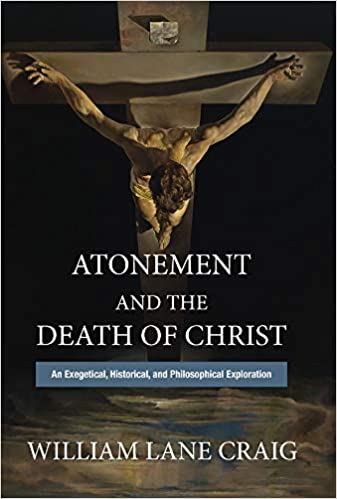Q. I wonder if it would help the discussion of penal substitutionary atonement if we stuck to the letter of what Paul says. He says that God made Christ sin. Full stop. We might not fully understand what that entails, but let’s say it’s true. Then suppose we add the idea that God punishes sin, in this case, rather than saying God punishes Christ as a person. Does this alleviate the concern about God punishing an innocent person, and thereby calling into question his own righteousness?
A. The biblical theologian may rest content with a biblical author’s words, saying that we’re not really sure what he meant. But that is insufficient for the systematic or philosophical theologian, who wants to understand, e.g., how Christ’s death atoned for sin and reconciled us to God and to defend the coherence of that doctrine against attacks by secularists, Muslims, and non-evangelical theologians that biblical teaching is immoral and absurd. I doubt that we can make sense of the claim that God punishes sin but not a person, since, as you pointed out before, sin is not a substance and in any case cannot suffer harsh treatment.
Q. As you helpfully point out, Turrentin’s theory of union with Christ as the basis of imputation doesn’t work. On that showing one would first have to be in Christ for a person’s sins to be imputed to Christ, and vice versa for Christ’s righteousness being imputed to us. But clearly, Paul, says while we were yet sinners, ungodly, even enemies of God Christ died for our sins, making atonement. The objective basis of justification or right standing with God took place quite apart from us and before we responded in faith. That being so, all we had to do subsequently is receive it. Nothing is said in that context about an exchange or transfer of our sins to Christ. What is spoken of is atonement for such sins. Comments?
A. I argued that Turretin’s theory was viciously circular because on his theory in order to be justified one had first to be united with Christ, but in order to be united with Christ one first had to be justified. Better to say that the sins of mankind were imputed to Christ by the divine Judge (Christ was declared to be vicariously liable for our sins) and then punished on the cross by God by his suffering the alienation from God that we deserved. Divine justice thus fully satisfied, God can offer to us a full pardon, which we then have the freedom to receive or to refuse. Those who receive His pardon are imputed (Christ’s?) divine righteousness as well, so that they are not merely guiltless but positively righteous in His sight.












